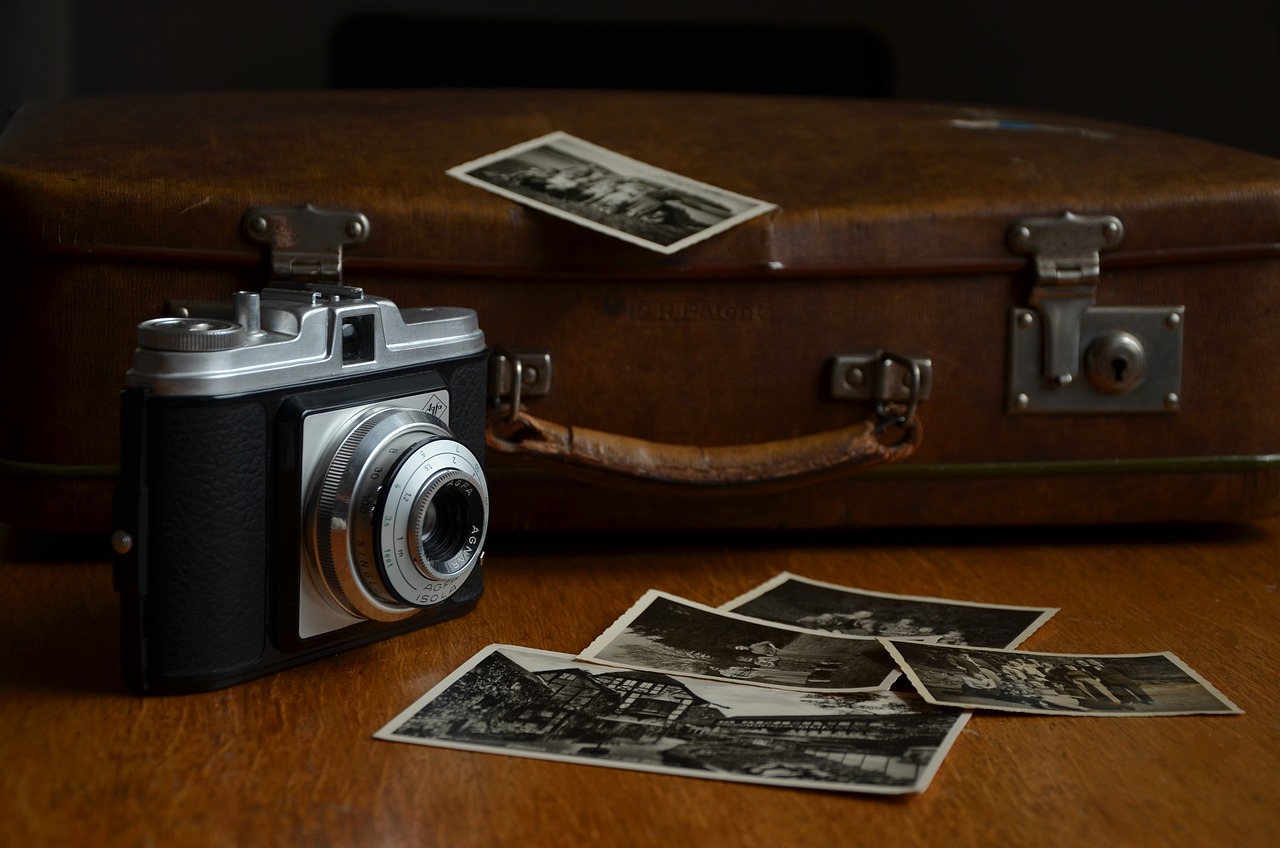Photography is an art form that allows you to capture moments, tell stories, and express yourself in ways words can’t. For beginners, the world of photography can feel a little overwhelming, but with a bit of creativity, you can start taking stunning and unique photos right from the get-go. Whether you’re using a smartphone or a DSLR, the key to improving your photography skills lies in experimenting with new Creative Photography Ideas and Techniques.
Here we’ll explore several creative photography ideas for beginners. These concepts are simple to implement, yet they can lead to beautiful and interesting images that will help you build your portfolio and confidence behind the lens.
1. Play with Reflections
Reflections are a wonderful way to add depth and intrigue to your photos. You can experiment with mirrors, water surfaces, windows, or even glass objects to capture unique, symmetrical shots. Reflections can make a seemingly mundane scene feel magical and give your images a fresh perspective.
Idea to Try: Head to a local lake, river, or even a puddle after a rainstorm. Capture reflections of buildings, trees, or people in the water. If you’re indoors, try placing a mirror or a glass object near a window to capture reflections of the outside world.
2. Use Light and Shadows Creatively
Light is the heart of photography, but it’s the shadows that add dimension and mood. Experiment with different light sources—natural sunlight, lamps, or even streetlights at night—to play with shadows and create dramatic effects.
Idea to Try: Set up a subject (a person, plant, or object) under harsh sunlight to create strong, defined shadows. Alternatively, experiment with backlighting (placing the light behind your subject) to create silhouettes. The contrast between light and dark can evoke different emotions and create a sense of mystery in your photos.
3. Macro Photography: Get Close Up
Macro photography involves capturing extremely close-up images of small objects like flowers, insects, or textures. It’s a great way to discover the beauty in the small details that often go unnoticed.
Idea to Try: Find something small and interesting—like a leaf, a flower, or a piece of jewelry—and get up close with your camera or smartphone. Focus on the tiny textures or patterns that would be missed at a normal viewing distance. If you don’t have a macro lens, don’t worry! Many smartphones have a macro mode that can get you close to your subject.
4. Capture Motion with Long Exposure
Long-exposure photography involves using a slow shutter speed to capture movement over time. This technique can create stunning effects, such as silky-smooth waterfalls, glowing city lights, or light trails from moving cars.
Idea to Try: On a cloudy day, find a stream or waterfall, and experiment with a long exposure to make the water appear smooth and ethereal. Alternatively, try shooting traffic at night with a long exposure to capture the glowing trails of car lights.
5. Play with Composition: The Rule of Thirds
One of the easiest ways to make your photos more engaging is by using the rule of thirds. This basic compositional rule divides your image into a 3×3 grid. The idea is to place important elements along the lines or at the intersections, rather than in the center of the frame.
Idea to Try: When photographing a landscape, position the horizon along the top or bottom third of the frame. Place a subject, like a tree or a person, at one of the intersecting points to create a balanced and visually appealing image.
6. Try Minimalism
Minimalist photography focuses on simplicity and often includes just one or two elements in the frame. It’s about creating impact with less, emphasizing clean lines, open spaces, and uncluttered backgrounds. This style can be calming, and it lets your subject shine without distractions.
Idea to Try: Look for clean backgrounds, such as a blank wall or an empty sky, and photograph a single object—whether it’s a lone tree, a person, or an interesting piece of architecture. Keep the focus on the subject and eliminate any unnecessary elements from the frame.
7. Experiment with Refraction: Glass and Water
Refraction is the bending of light as it passes through different materials like glass or water. Using this technique creatively can give your photos a dreamy, surreal quality. By shooting through a glass of water or a transparent object, you can create unique distortions or reflections of your subjects.
Idea to Try: Fill a glass of water and place it in front of a colorful background or interesting object. Take a photo through the glass to create a distorted, wavy effect that adds a creative flair to your composition.
8. Try Bokeh Photography
Bokeh refers to the aesthetic quality of the blur produced in the out-of-focus parts of an image. By focusing on a subject and letting the background blur, you can create a beautiful, dreamy effect. The shapes of the blurred lights in the background can turn into circles or other patterns, adding a whimsical touch to your photos.
Idea to Try: In low-light situations, find a scene with small light sources (like fairy lights or streetlights). Use a wide aperture on your camera to blur the lights into soft circles and create a dreamy, bokeh effect behind your subject.
9. Capture Everyday Moments with a New Perspective
Sometimes, the most Photography Ideas come from ordinary, everyday moments. By changing your perspective, you can turn the mundane into something beautiful. Try getting low to the ground, shooting from above, or looking through objects to change the way you see the world.
Idea to Try: Take a walk around your home or neighborhood, and try photographing everyday items or scenes from different angles. For example, instead of photographing a cup of coffee from the usual angle, try shooting it from above, showing the top of the mug and the steam rising.
10. Shoot in Black and White
Creative Photography of Black-and-white isn’t just about stripping away color; it’s about focusing on light, texture, shapes, and contrast. Removing color can help bring out the emotion or mood of a scene and emphasize the elements that might get lost in color photographs.
Idea to Try: Take a photo in color first, and then convert it to black and white. Look for high-contrast scenes—like a person’s silhouette against a bright window, or light filtering through a forest—to highlight the power of shapes and textures.
Final Thoughts about Creative Photography
Creative photography is about experimenting, taking risks, and finding your unique style. As a beginner, don’t be afraid to try new techniques, even if they seem a little outside your comfort zone. Photography is a journey, and each creative idea you explore brings you one step closer to developing your skills and discovering what you enjoy.
Remember, the best way to improve your Creative Photography is through practice and observation. So, grab your camera, explore your surroundings, and don’t forget to have fun while creating stunning, creative images!




